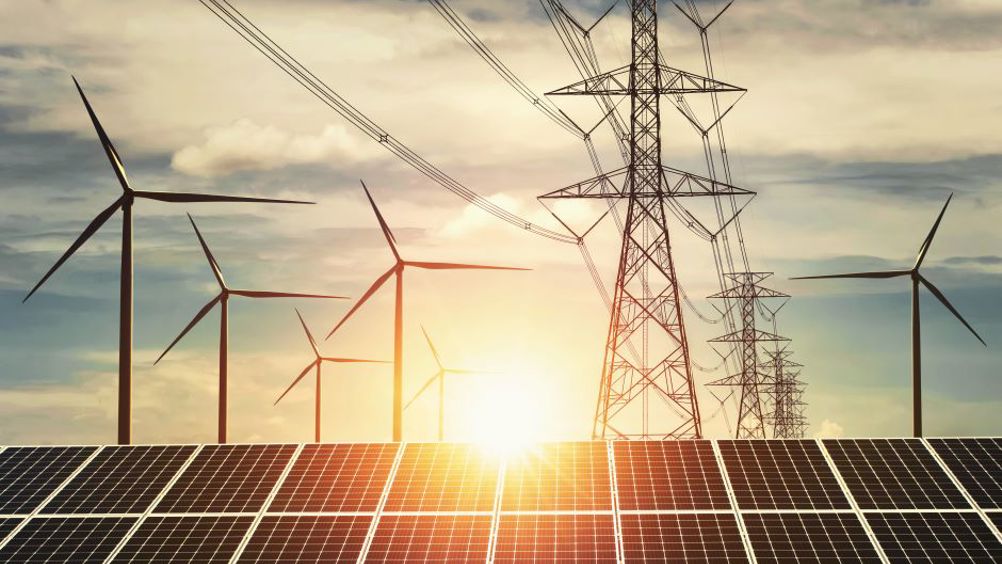Government risks missing clean energy targets, NAO report warns
Government ambitions to decarbonise the energy sector by 2035 could fall short because it lacks a delivery plan, the National Audit Office warns in a report.

With attention focused on the recent energy crisis, the recently created Department for Energy Security and Net Zero (DESNZ) has made little progress with a long-term delivery plan for all electricity to be generated through clean energy sources, the report said.
DESNZ has taken on the responsibilities for energy security and net zero that were previously held by the Department for Business, Energy and Industrial Strategy. As BEIS, it had internally planned to have established a route to decarbonisation by 2035. However, because it was focusing attention on responses to high energy bills, the department scaled back its work on coordinating long-term power sector decarbonisation.
According to NAO, the lack of a delivery plan risks diminishing the confidence of industry stakeholders, who are said to be concerned about how the change and investment required across the energy sector will be brought together without a strategic vision. Similarly, the absence of a clear plan and the perception that there could be changes in government policies could deter external investors from providing funds for new infrastructure or lead them to increase the rates of return they require.
Register now to continue reading
Thanks for visiting The Engineer. You’ve now reached your monthly limit of news stories. Register for free to unlock unlimited access to all of our news coverage, as well as premium content including opinion, in-depth features and special reports.
Benefits of registering
-
In-depth insights and coverage of key emerging trends
-
Unrestricted access to special reports throughout the year
-
Daily technology news delivered straight to your inbox










CCC Report Finds UK Climate Targets Still Within Reach
In 1990 67% of the UK´s electricity came from coal-fired power stations and even without renewables the transition to gas was a major contributor to...